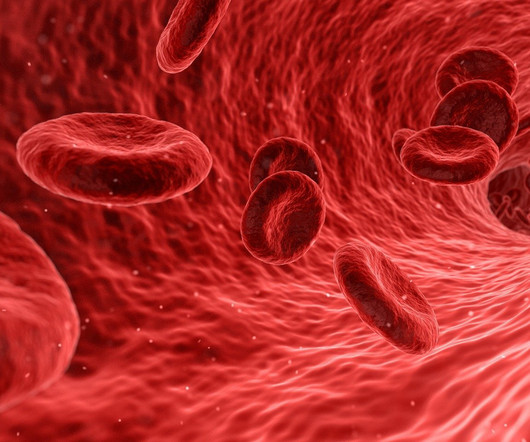Dysphagia Revisited: A Podcast with Raele Donetha Robison and Nicole Rogus-Pulia
GeriPal
MARCH 14, 2024
Nicole: Yeah, I think definitely delirium, but there are also a lot of medical conditions that can be specific to hospitalizations. Are medications part of that, too? So, a lot of medications, you can see the secondary effects of dysphagia causing those, as well. We’ll also look at cognitive status, medications.











Let's personalize your content